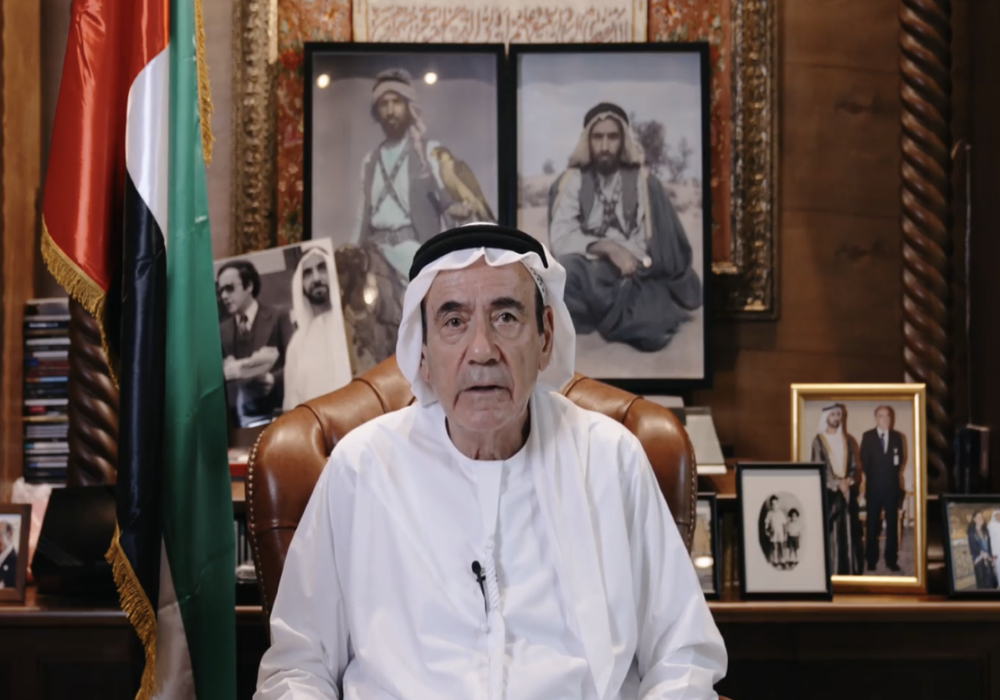Zaki Nusseibeh states, “The UAE has secured a reputation as a model for economic security, attractiveness to business, and social wellbeing.”

In a speech to open the “Think Tank Talent for the Future Forum”
His Excellency, Zaki Nusseibeh, the Cultural Advisor to his Highness the President of the UAE, and the Chancellor of the United Arab Emirates University participated in the “Think Tank Talent for the Future Forum” organized jointly by TRENDS Research and Advisory and the Think Tanks and Civil Societies Program (TTCSP) at the Lauder Institute, University of Pennsylvania. The forum was held on July 27-28, 2021, in the Dubai World Trade Center, bringing together some of the best managers, CEOs, and experts of international think tanks.
In his opening speech, H.E. Zaki Nusseibeh highlighted the UAE’s reputation for advocating and pursuing tolerance and constructive dialogue. He asserted that in hosting this important forum, the UAE confirms its place amongst the countries at the top of the global talent competitiveness index and highlights its pioneering efforts to attract, develop, retain, and empower the talent that is vital for advancing economic and social prosperity.
His Excellency mentioned that the UAE leadership places a priority on the country’s capacity to pursue sustainable development while attracting talent in all the disciplines necessary to this purpose. In addition, it has a national strategy directed to the purpose of attracting global talent in strategic sectors to position the country amongst the best on the global talent competitiveness index. As part of its preparations for the next fifty years, it has implemented an integrated governance framework to ensure the UAE has the talent and skill available to progress its ambition to achieve presence and excellence in specialized fields.
“The UAE is ranked as a leader in the field of youth empowerment. It recognizes the need to invest in young people and provide them with opportunities to excel. For example, in 2017, it established a national network of youth councils to ensure young people can represent their views and advocate their needs at all stages of government decision-making. In 2018 we created the Federal Institution for Youth to ensure young people are at the center of policy development. In 2016 Her Excellency Shamma Al Mazrouei was appointed Minister of State for Youth Affairs. At the age of 22, she was the youngest government minister in the world. All these steps represent our will and commitment to ensure that youth sit at the heart of legislative and executive action. Through these measures, young people are key partners and actors in our efforts and vision for the next fifty years”.
His Excellency expressed pride that the UAE has secured a reputation as a model for economic security, attractiveness to business, and social wellbeing. For this reason, Arab countries from all over the region now look to the UAE for guidance in developing their own strategies.
His Excellency, Zaki Nusseibeh, emphasized that schools and universities are the cradle for nurturing talent, for developing basic and advanced skills, and maximizing the potential of future generations. These institutions build both knowledge and the values necessary for the wise application of expertise in practical situations. He also explained the necessity to establish research centers and engage young people in them so that they, with their imaginations and bright ideas, interact with people who have extensive theoretical and practical experience. He explained that universities are the engine for sustainable development and the knowledge society. They are the place where our national youth are trained and enabled to innovate, create, and transform ideas into research and applied practice programs that seek to improve social and economic wellbeing.
In conclusion His Excellency said, “The process of attracting talent must go hand in hand with the process of discovering, motivating, and developing Emirati talent. Therefore, it is essential that we empower our national youth and enhance their knowledge and skills in all fields. This challenge lies first and foremost with the education system and its universities, think tanks, and research institutions. We look to universities to participate with think tanks and research institutes in the establishment of internships and talent development initiatives. Such programs will enable young people to interact with senior researchers and thought leaders and to develop an awareness of what is required to work in policy development. Young people will have the opportunity to develop qualitative and quantitative research skills, and to grow in understanding of how research informs policymaking”.
